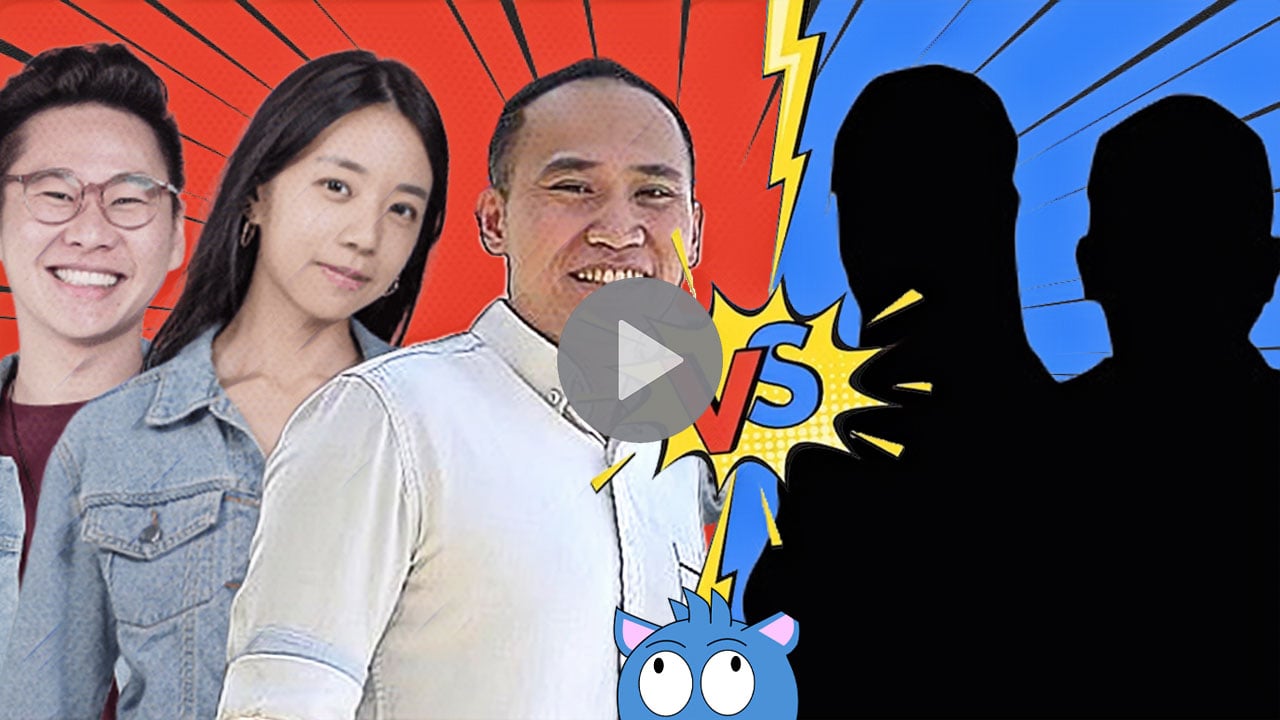China is not happy about the state of its entertainment industry.
Not about the quality of its content or the talent of its entertainers per se, but by the type of entertainers they have.
Yes, at a time when people are dying and losing their jobs, China’s main objective seems to be getting rid of what they refer to as “sissy idols” and those who have gone against “public order and morals”.
Have no idea what I’m talking about? Well, let’s go back right to the start.
Eight-Point Plan For Cleaning Up The Entertainment Industry
Last Thursday, the National Radio and Television Administration in China announced an eight-point plan to “clean up” its entertainment industry.
The plan called for a boycott of what they viewed as toxic practices in the industry, as well as “illegal or immoral” personnel.
The objective of the plan is to establish a “correct beauty standard”, place more emphasis on traditional Chinese culture, and spread more positive values, among other things.
Apart from the “correct beauty standard”, this might all sound fine, except when you learn what they actually mean.
For instance, it wants to boycott what they referred to as “sissy idols”, which is an insulting term for pop idols who do not conform to the traditional masculine archetype. This includes men who wear makeup or have a more feminine gender expression.
Stefanie Sun Denies She’s On China’s New Ban List
The media regulator also called for a boycott of “illegal or immoral personnel”, meaning those who have broken laws or engaged in “immoral” behaviour.
According to the South China Morning Post, actress Zhao Wei may have landed on China’s ban list, as her entire internet presence was erased without an explanation. Her name was also removed from all her works on major entertainment platforms.
Other rumoured names on the list include Wilber Pan, Nicholas Tse, Jet Li, and Stefanie Sun.
However, Sun’s management agency has since denied the claim, calling the list “untrue rumours”.
Another victim was Zhang Zhehan, an actor who visited the Yasukuni war shrine in Japan. He too was punished and de-platformed after that. Many companies, including Coca-Cola and Maybelline, also cut ties with him.
The Eight-Point Plan
Netizens have denounced the media regulator’s plan, pointing out that some points of the plan are outright discriminatory.
Do you think they are? Have a look for yourself:
- Boycott illegal or immoral personnel. Platforms should not employ people who have an incorrect political stance, lawbreakers, or those who speak or behave against public order and morals.
- Boycott “traffic only” standards. Idol selection programmes or shows starring the children of celebrities should not be shown. Shows should strictly control voting, cannot encourage fans to shop or buy a membership in order to vote for their idols.
- Boycott an overly entertaining trend, promote traditional culture, establish a correct beauty standard, boycott “sissy idols”.
- Boycott high pay in the entertainment industry.
- Regulate showbiz staff. Entertainers should not use their profession and fame to gain profit.
- Promote professional commentary in the entertainment industry, insist on correct political direction and values, criticise the fake, ugly, and evil values.
- Entertainment associations should provide more training and establish mechanisms for industry regulation, as well as criticise bad examples.
- Regulators need to be more accountable, listen to the people and respond to their concerns, fill public space with positive and mainstream shows.
Read Also:
- Over 30 Cyclists Seen Occupying 2 Out of 3 Lanes Along Jalan Bahar
- Authorities Deploy Robots At TPY To Catch ‘Undesirable Social Behaviours’
Featured Image: Facebook (孫燕姿 Sun Yanzi)
Over in TikTok, there’s a drama involving property agents that’s caused by us. Here’s what happened:

Read Also:
- Van Driver Charged After Fleeing Police Inspection & Biting Officer in Geylang
- RI Student Wears Inappropriate Clothes on Racial Harmony Day; Principal Claims No Intention to Offend
- Secret Service Director Kimberly Cheatle Resigns Over Lapses During Attempted Assassination on Trump
- CrowdStrike Apologises for IT Outage with US$10 Uber Gift Cards; They Don’t Work
- Missing 6-Year-Old Girl Reunites With Family; Had Not Eaten or Drank in 3 Days
Advertisements
